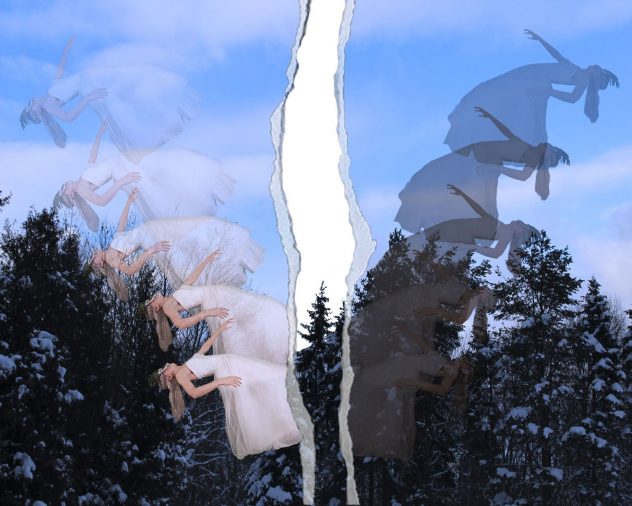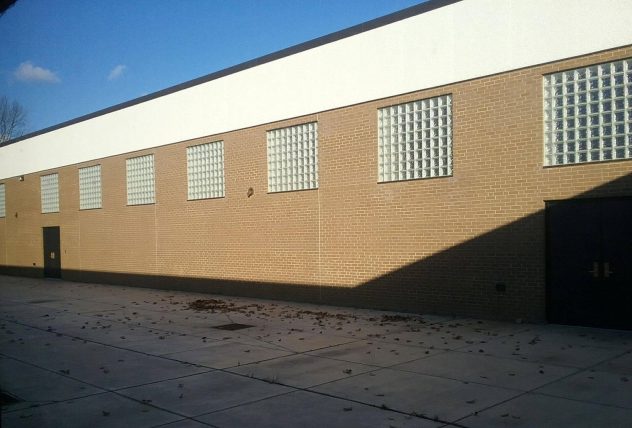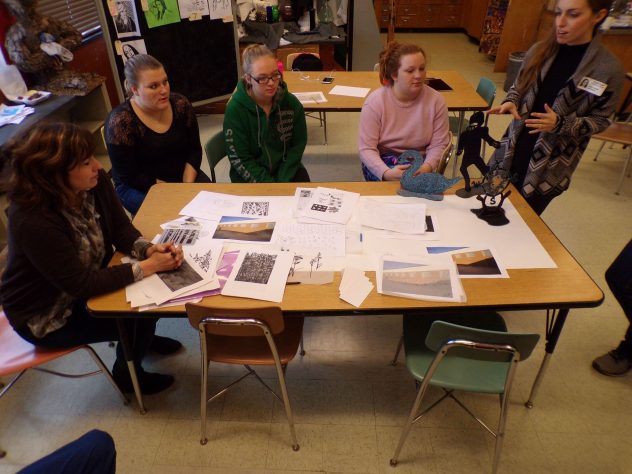No one likes a back-seat driver, and Guilierro “Consuelo” Cortez was no exception. They were still five miles from the police station, Gibraltar, and he’d already swore to himself that if McWard didn’t shut the hell up, he’d dash his skull against the dashboard.
“The whole damned country, that’s what, we’ve given the whole damned country to the immigrants!” He continued in his rant. “Why it’s come to the point that a man doesn’t even have room enough to think to himself without having his thoughts interrupted by some Aussie’s digerydoo.” McWard was evidently still miffed over the botched booking that had occurred five miles and one first-aid kit earlier.
The call had come in over the patrol car’s radio half way into their break, thus prompting the series of holistic devolution that followed. Nothing serious, just a civil incident involving dog crap on a lawn – a piece of cake, it wasn’t like they hadn’t handled dozens of crap cases before.
“Well, why the hell do we have to handle it? Can’t you have golden boy, Havermeyer, and his alien partner take care of it?”
“For the last time, Oliver is Kiwi, not Australian, and-”
“Yeah well, they’re all the same to me!”
“-And I already told you McWard, Havermeyer and Oliver are already occupied with a holdup downtown, and you two bums are just sittin’ on your asses anyway!”
“Yeah well, considering all the crap I do for this city I figure my ass deserves a break every once in a while. Is that so much to ask!?”
And so it went, back and forth between McWard and the dispatcher at Gibraltar for several more minutes. He finally gave in with all the exasperation of a deflating balloon and accepted the task in little Queensland with all the joy of a man waiting his turn at the colon clinic.
“Of course it’s gotta be down there, that’s all those Aussies have done for this country is crap all over it!”
The drive over to Little Queensland went largely without incident; it was only a block away from their position, but a world away from its name sake. “The Dustbowl District” as it had become known, had been founded by the Australian immigrants who had begun coming to the country by the boatloads, as well as the few unfortunate Kiwis who’d been displaced as well, on account of Cyclone Richard.
As the patrol car shuttled through the dilapidated streets, it looked as if that the American dream was fast fading into a pipe dream. The district was all overgrown lawns, shanty housing, and working class wage slaves.
The lawn in question was more a dirt yard that got swept clean in the summer than it was a lawn. The numbered sign in front of the house was the only reminder that the area had once been considered an up-and-coming suburban housing project.
The unfortunate fellow who’d called in the crap case stopped pitching the evidence of the crime by the shovelful back onto his antagonist’s yard just long enough to order the two officers to “do your jobs or shove off!” when questioned.
McWard, incensed by the whole predicament, turned to his partner Consuelo, and declared his intent to “storm the place and catch the bastard by surprise,” and had already barreled his way into the perpetrator’s house before his partner could deter him.
As he entered the apartment he was knocked to the ground by some unseen force. Before he could get his bearings he found himself struggling to protect his face from the vicious Chihuahua assaulting him. As the owner of said Chihuahua cowered in a corner nearby, Consuelo entered the shanty hot on the trail of McWard. The owner of the dog, a boy that couldn’t have been more than nine years old stood petrified, observing the situation with the look of sincere terror. Deciding it best to leave the handcuffs out of the situation Consuelo began to reassure the child, inquire about his relatives who were currently at work, and suggest a better way to walk the dog, after which he, seeming satisfied with the situation, and turned to the other pressing predicament in the room. For a minute or two more it seemed that he was unsure of what to do as his partner lay on the ground fighting, and failing, to break free from the ankle-biter’s assault. Finally he recuperated from the shock of the scene and resolved to detain the pooch for both the kid and McWard’s sakes.
Now, as McWard sat in the patrol car fidgeting with the impromptu stiches on his face, complaining about the current state of American immigration, Guilierro persisted in his silent hate of the 30 year-old man-child that was his partner. Guilierro had been on the police force for so long that both his remaining co-workers, alongside the new young bucks that’d since replaced the old ones, had ceased calling him by his proper name and began to refer to him as “grandfather.” Guilierro himself was perfectly fine with the Aussies and the kiwis, some might even say supportive; yet, Guilierro was empathetically apathetic toward them as well. Why should their issue be seen only as a tragedy? As far as he was concerned, their tragedy was his blessing; Once the outback began emptying out, public attention began shifting towards them and off of him and his family. Congressmen stopped coming up with ways to hinder him and started making laws to stop the Australians and New Zealanders, and that was just fine by him.
“Why, it’s not even that bad,” his own grandfather had once explained to him.
“Sure, they might have the same trouble that we had, but they’ve still got food, new shelter, and their wits about them. Besides, they’ll have an easier time anyway, being anglophones.”
“But shouldn’t we still do something to help them?” Guilierro asked his grandfather, not understanding how the man that he’d looked up to all of his then short life could seem so deaf to the problems of others much like themselves.
“They’ll be fine,” was the reply, “In time another hurricane or something other will strike some other unfortunate people and this whole business will blow over once the public attention shifts.” But it hadn’t and Guilierro still didn’t quite understand.
By: Charles Alston



